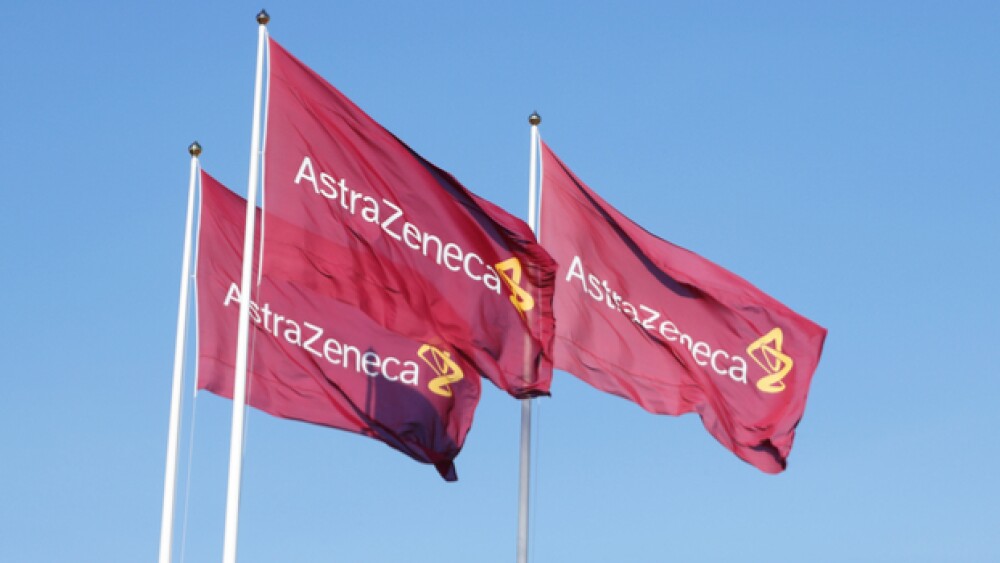AstraZeneca and its MedImmune division released data on overall survival (OS) in its Phase III PACIFIC clinical trial of Imfinzi (durvalumab).
Roland Magnusson / Shutterstock.com
AstraZeneca and its MedImmune division released data on overall survival (OS) in its Phase III PACIFIC clinical trial of Imfinzi (durvalumab). The results were presented at the Presidential Symposium of the International Association for the Study of Lung Cancer (IASLC) 19th World Conference on Lung Cancer in Toronto, Canada.
The trial is in patients with unresectable Stage III non-small cell lung cancer (NSCLC) whose disease has not progressed after chemoradiation. In the trial, Imfinzi significantly improved OS, the second primary endpoint of the trial. Regardless of PD-L1 expression compared to placebo, the drug decreased the risk of death by 32 percent.
“The five-year survival rate in this setting has historically been around 15 percent after concurrent chemoradiation therapy,” said Scott J. Antonia, chair of the Thoracic Oncology Department at Moffitt Cancer Center in Tampa, Florida, and principal investigator in the PACIFIC trial, in a statement. “The significant survival benefit observed using the PACIFIC regimen provides confidence and clear rationale for a new standard of care.”
The drug is presently approved in the U.S. for unresectable Stage III NSCLC whose disease has not progressed after concurrent platinum-based chemotherapy and radiation therapy. It is also approved in Europe, Canada, Switzerland, India, Japan and Brazil.
David Fredrickson, head of AstraZeneca’s oncology business, told Reuters that the results of this trial would be “important” in helping to launch the drug in 40 markets by the end of the year. Reuters writes, “Although AstraZeneca announced in May that Imfinzi had successfully extended lives, the scale of the benefit seen in the clinical trial known as PACIFIC was only disclosed on Tuesday at the World Conference on Lung Cancer in Toronto. The data was also published online by the New England Journal of Medicine.”
Earlier data from the PACIFIC trial showed patients receiving Imfinzi lived 11 months longer without their cancer becoming worse, which is median progression-free survival. Median overall survival data isn’t available yet because more than half of patients receiving the drug are still alive.
Imfinzi, reports Reuters, is the first immunotherapy approved for stage III lung cancer. “That distinguishes it from rivals Merck, Bristol-Myers Squibb and Roche, which beat the British drugmaker in winning approval for similar immunotherapies in advanced or metastatic disease.”
Fredrickson told Reuters, “This is a really important set of data for our commercial uptake. We’ve already seen in the United States that the early adopters and even the next wave of physicians have brought Imfinzi into regular practice. But there are always later adopters who are more cautious and want to await overall survival data.”
In the second quarter of this year, AstraZeneca reported Imfinzi sales of $122 million. Analysts project annual figures to reach $4 billion by 2023.
“These data establish Imfinzi as the first immunotherapy to demonstrate an overall survival benefit for patients with unresectable, Stage III non-small cell lung cancer following chemoradiation therapy,” said Sean Bohen, executive vice president, Global Medicines Development and chief medical officer of AstraZeneca, in a statement. “Today’s announcement brings new hope to patients in a setting where survival rates have not changed in decades.”





